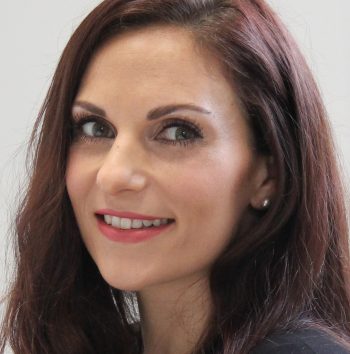A Pivotal Moment for UK Education
28th February 22

Article prepared for Independent School Parent by Dr Sarah Watson, Vice Principal (Academic) at DLD College London (view article here)
The 7th February 2022 is a date that may become more pivotal than we realise in the history of British and global education. After two uncertain years due to the pandemic, it feels comforting to have more advanced information than ever before on the road to the summer exam season 2022.
While students may rejoice at the thought of having less material to revise, teachers may worry that less knowledge could affect the ability of students to answer the higher tier synoptic questions. On a deeper philosophical level, one may be left wondering, is this advanced information reinforcing an idea that knowledge can be tossed aside, for its value is only exam-deep?
Recent years have seen the development of courses and qualifications that are beginning to challenge this notion that learning information for examinations is an elite method of education. It stands out now as particularly poignant that our main system of assessing the learning of students can fall apart so completely by the inability for them to be in a large common hall once a year. Knowledge is important, but using it authentically could be argued to be even more vital.
The closing of schools left chasms in the lives and development of our students (a topic on which much has already been, and continues to be, written), as evidence that education is one of the greatest foundations of our society. Therefore, it would be remiss of us, as a body of educators and thinkers, to not reflect on the reasoning behind the need for such advanced information, and what this may say about our education system and its relevance for a post-pandemic future. To contextualise the bigger picture, we should ask ourselves how we frame the purpose of education for our future generations, and how our educational systems should reflect this.
The world of education has much to be proud of over the past two years. Thousands of teachers switched to online learning seemingly overnight, in a steep learning curve for most. This period in history has shown that skills of adaptability, resilience, a need to problem-solve, think conceptually, and use information synoptically are highly valued and needed in the modern world. We have all needed to communicate across various platforms and to collaborate with colleagues in different organisations and even different countries to figure out the best ways of teaching and learning. Essentially, we have had to rely on and learn from others as we haven’t been able to just ‘do what we have always done’. To look at it positively, it has been a truly enlightening experience of the reality of how we need to develop for the present and future world. In light of this, we may now need to ask ourselves some challenging questions. Is a linear syllabus of content what we should be basing the education of our future generations on? Are terminal examinations the most appropriate way of assessing the needs of a 21st century education?
For now, the 7th of February 2022 is a key date which marks the ability of examination boards to be flexible and consider a change to the norm of assessment. We now know this can be done. The education community is currently still battling the rumours of inflated grades of last year, the inequalities in education due to access to technology, and reports of more lenient grading by some examination boards for this current cohort. GCSEs and A-Levels in the UK have, by and large, been cancelled and previously replaced by Teacher Assessed Grades (TAGs). However, IGCSEs continued with no changes or advanced information for students across different countries.
Education is an industry in flux, and rather than return to the pre-pandemic norm as quickly as possible, we need to see 7th February 2022 as a date that represents optimism for a flexible and modern future for education. We are certainly ready for this next challenge.



